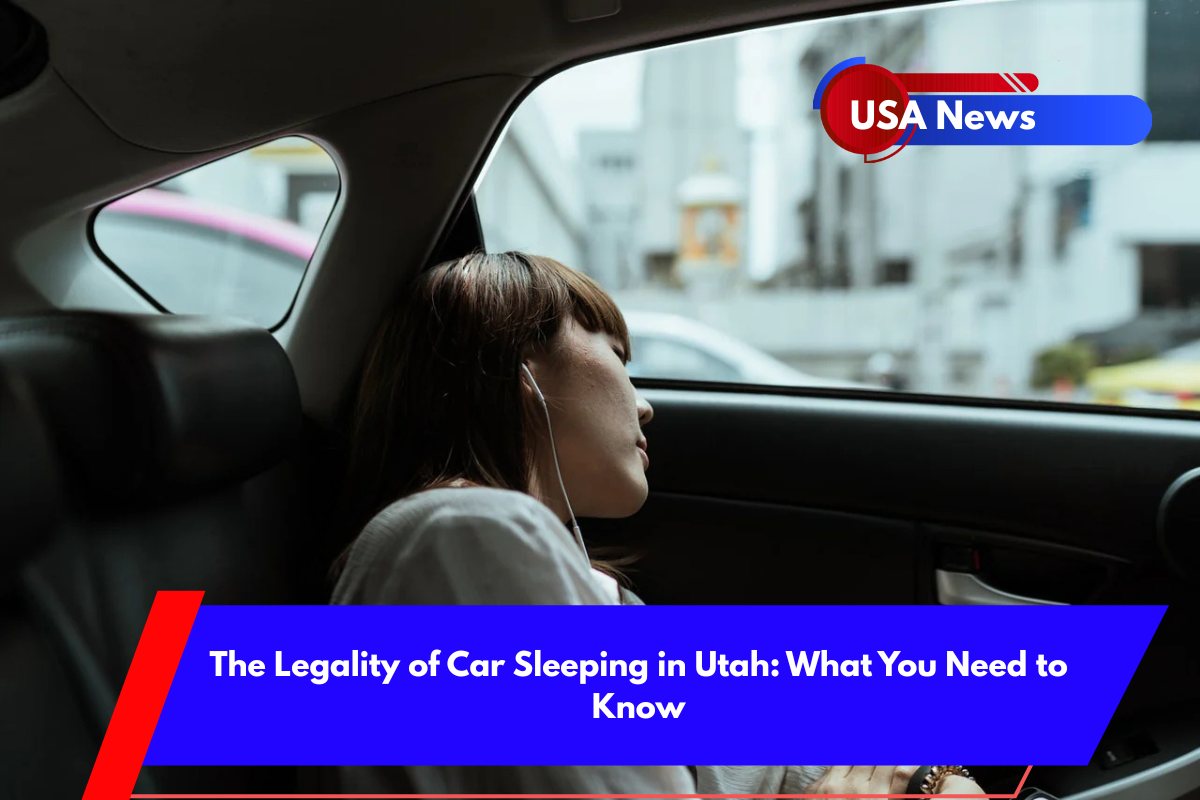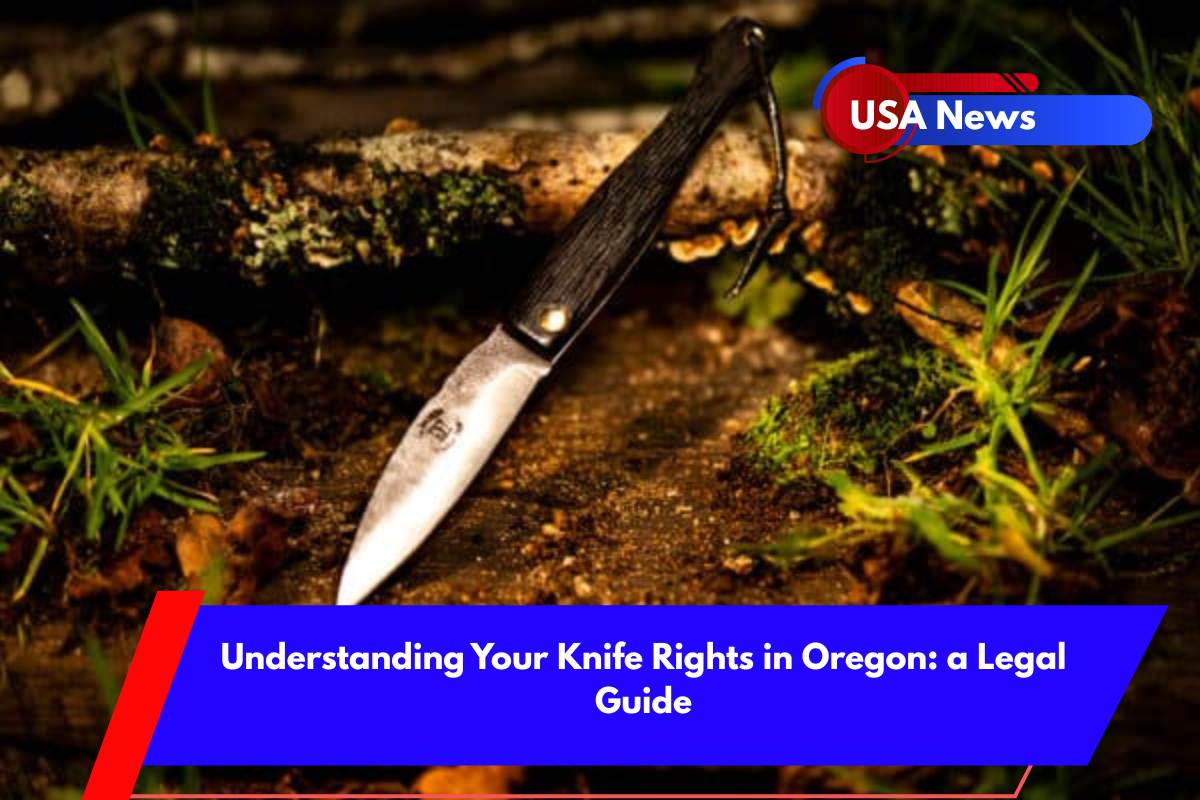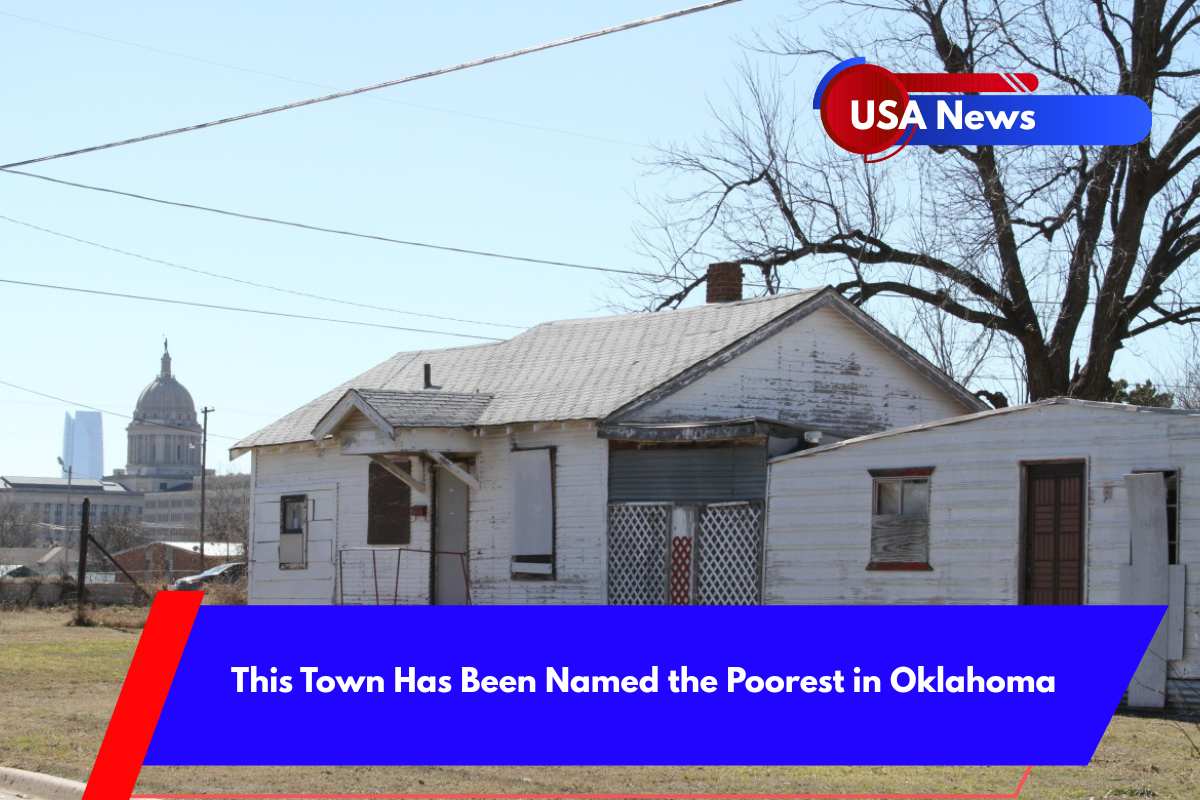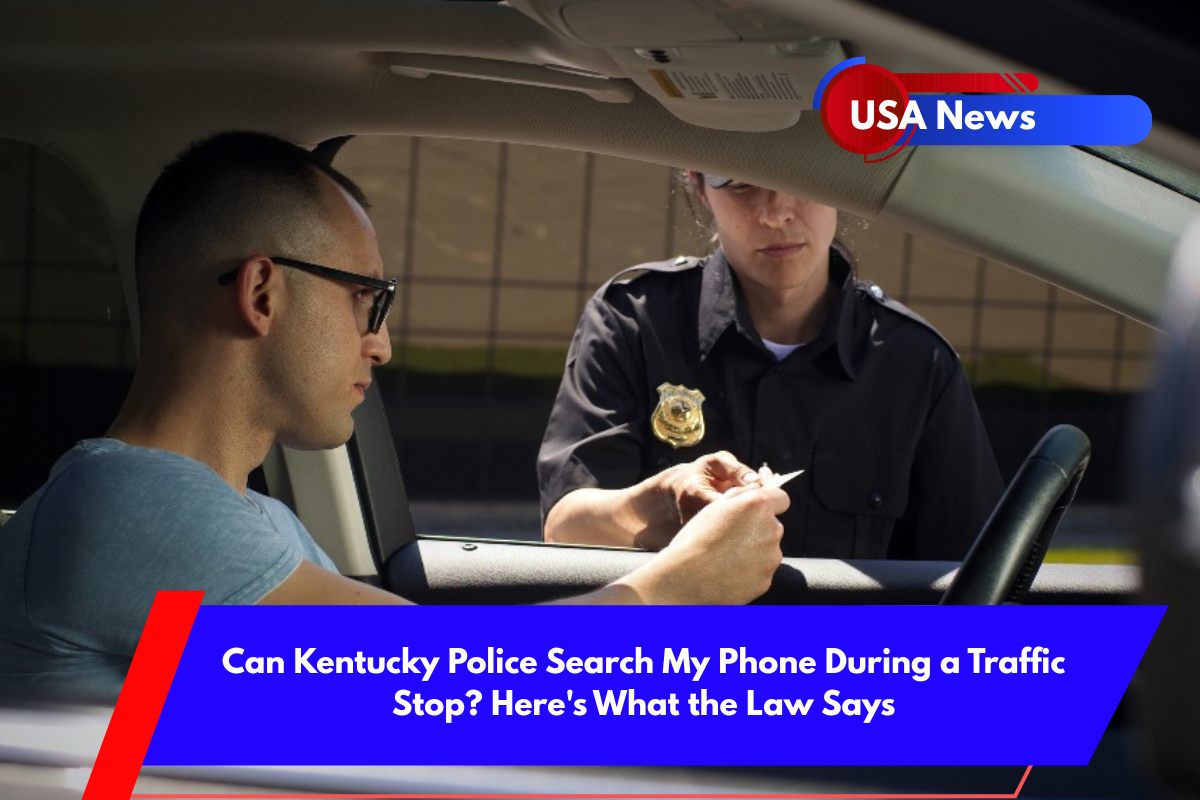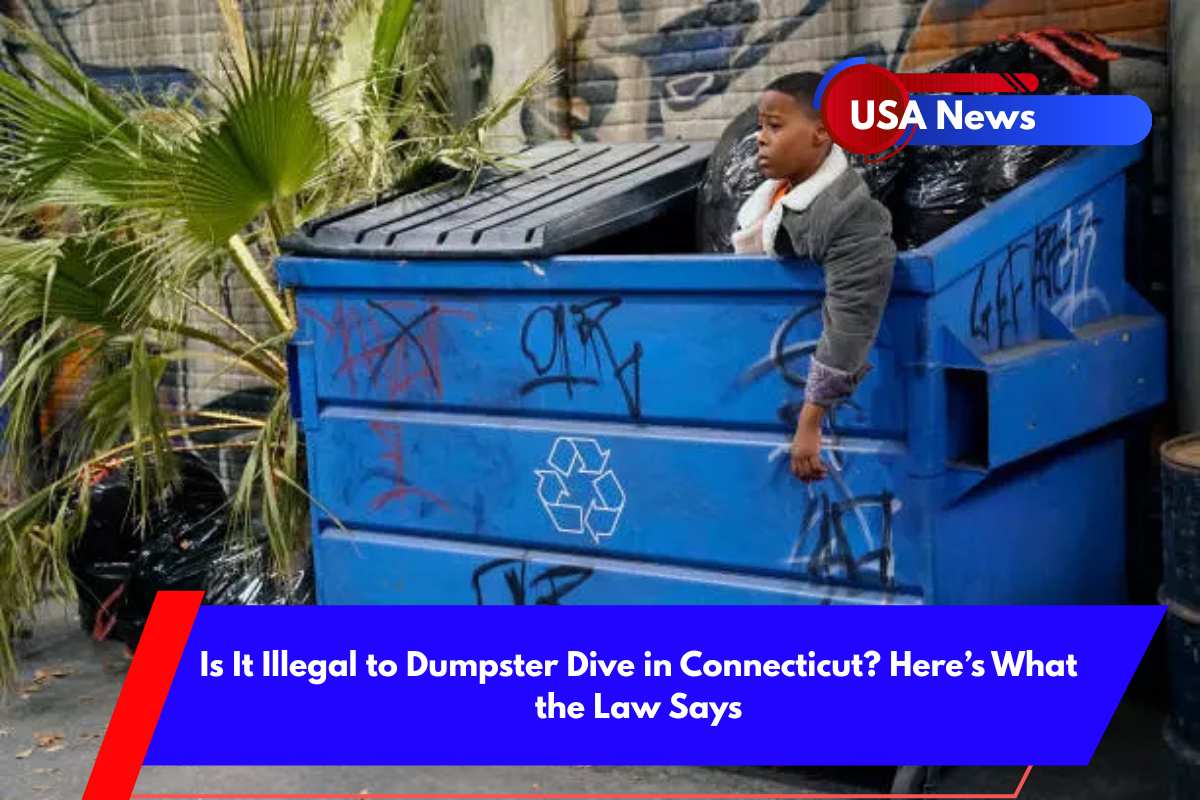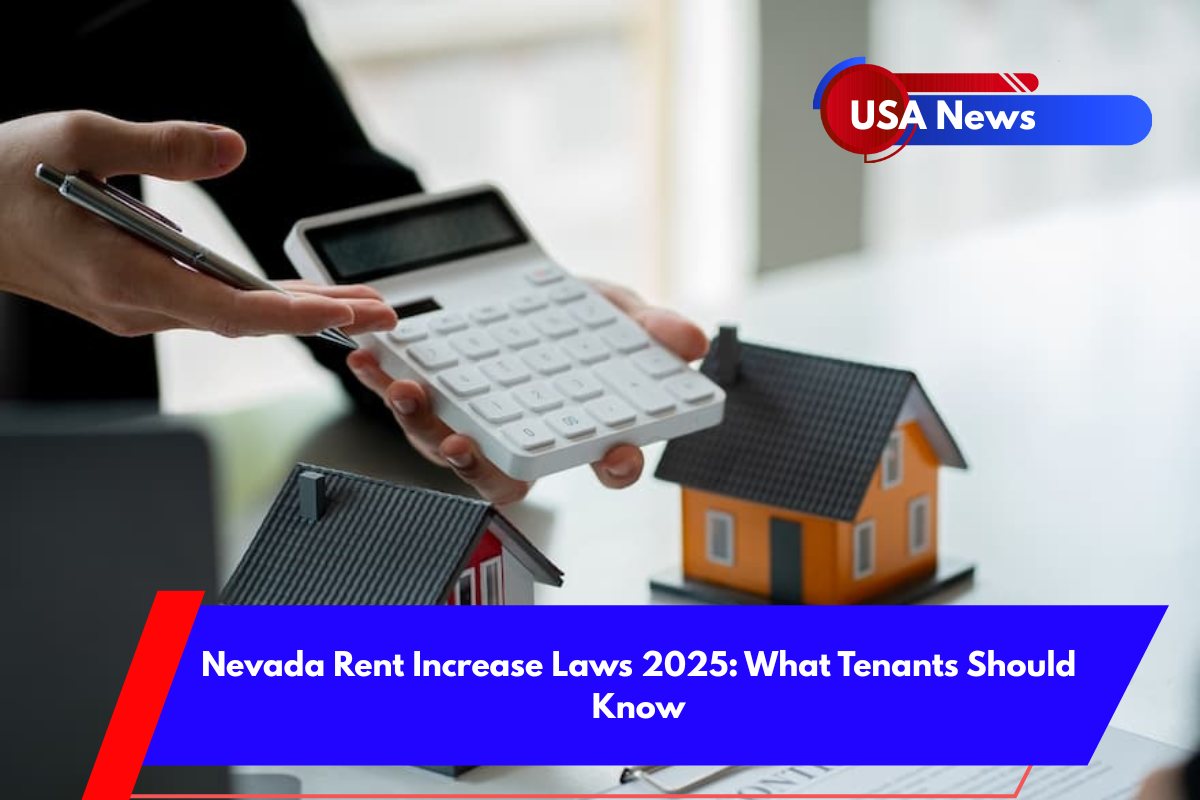In Utah, there is no statewide law that explicitly makes sleeping in your car illegal. However, the legality of doing so depends heavily on where you park and sleep, as local ordinances and property laws play a key role.
Understanding the rules of specific cities, local neighborhoods, and the type of land where you park your car is crucial to avoiding fines or other legal issues.
No Statewide Ban
Utah does not have a general law banning sleeping in your car statewide. However, where you choose to sleep and park your vehicle is essential. Local municipalities have the authority to enact their own laws and regulations that may restrict or prohibit this activity in specific areas.
Private Property and Permission
If you’re planning to sleep in your car on private property, it’s important to get permission from the property owner. Without it, you could face trespassing charges or be asked to leave. Always check and confirm with the owner before parking for the night.
Local Ordinances and City Restrictions
Local city laws can vary widely in Utah, with many cities enacting ordinances that prohibit sleeping in a vehicle on public streets, in public spaces, or in certain residential neighborhoods. Cities like St. George and others have specific rules that make it illegal to sleep in your vehicle in certain areas.
Enforcement: If you park and sleep in your car where local regulations prohibit it, law enforcement officers may issue fines or ask you to move your vehicle. In some cases, you may be asked to leave without being fined, though this can depend on the situation and the specific enforcement practices of the area.
Safe and Legal Car Sleeping Options
If you need to sleep in your car, there are some locations where it is generally legal or more permissible. Here’s a guide to some common places where you can safely park and sleep:
| Location | Legality | Additional Notes |
|---|---|---|
| City streets (most cities) | Often illegal due to local ordinances | Always check specific town or city rules |
| Interstate/highway rest areas | Legal for combating driver fatigue | No camping (chairs, grills); just sleep allowed |
| Truck stops/travel centers | Legal | Common practice; stay inside the vehicle |
| BLM land/Dispersed campsites | Legal (subject to BLM rules) | Limited to 14 days per spot |
| Walmart or large store parking | Varies—check with store management | Not guaranteed; permission may be needed |
| National/state park campgrounds | Legal (with a reservation/permit) | Must follow campground regulations |
| University/college campuses | Only in designated RV/parking areas | Controlled by campus policies |
Special Considerations
Rest Stops: Utah’s rest areas are open 24/7 and are specifically designed to help combat driver fatigue. While you can sleep in your car at rest areas, extended recreational camping is prohibited.
Dispersed Camping: A significant portion of Utah is public land managed by the Bureau of Land Management (BLM) or the U.S. Forest Service. Sleeping in your car for dispersed or primitive camping is generally allowed on BLM land, with a 14-day consecutive stay limit. Be sure to check for any local restrictions before parking.
No Permanent Residency: Using your car as a permanent living space can attract attention from law enforcement, even in areas where short-term sleeping is allowed. Local ordinances often restrict “overnight camping” in public spaces and residential neighborhoods, so be cautious.
Tips to Avoid Legal Trouble
To avoid potential fines, tickets, or other legal issues, here are some tips for sleeping in your car in Utah:
Check Local Laws: Always review the regulations in the specific area you plan to park. City-specific rules can change, and what’s allowed in one city might be prohibited in another.
Avoid Residential Streets: Residential areas typically have strict parking or anti-camping rules. Stick to areas where car sleeping is more common or permitted, such as rest areas or truck stops.
Ask for Permission: If you plan to park on private property or a business lot (like Walmart), always ask the property owner or management for permission. This ensures you won’t be asked to leave or face trespassing charges.
Be Discreet and Safe: Lock your doors, keep your valuables out of sight, and park in well-lit, safe areas. Avoid isolated or unsafe locations where you might be vulnerable.
Move If Asked: If law enforcement asks you to leave, it’s usually better to comply rather than risk escalating the situation. While some places may give you a warning or ask you to move along, failure to comply can lead to fines or more severe consequences.
Sources:
1. https://www.avvo.com/legal-answers/is-it-legal-to-live-in-your-car–2038699.html
2. https://www.thezebra.com/resources/car-insurance/is-it-illegal-to-sleep-in-your-car/
3. https://sportsradio977.com/is-it-illegal-to-sleep-in-your-car-in-utah/
